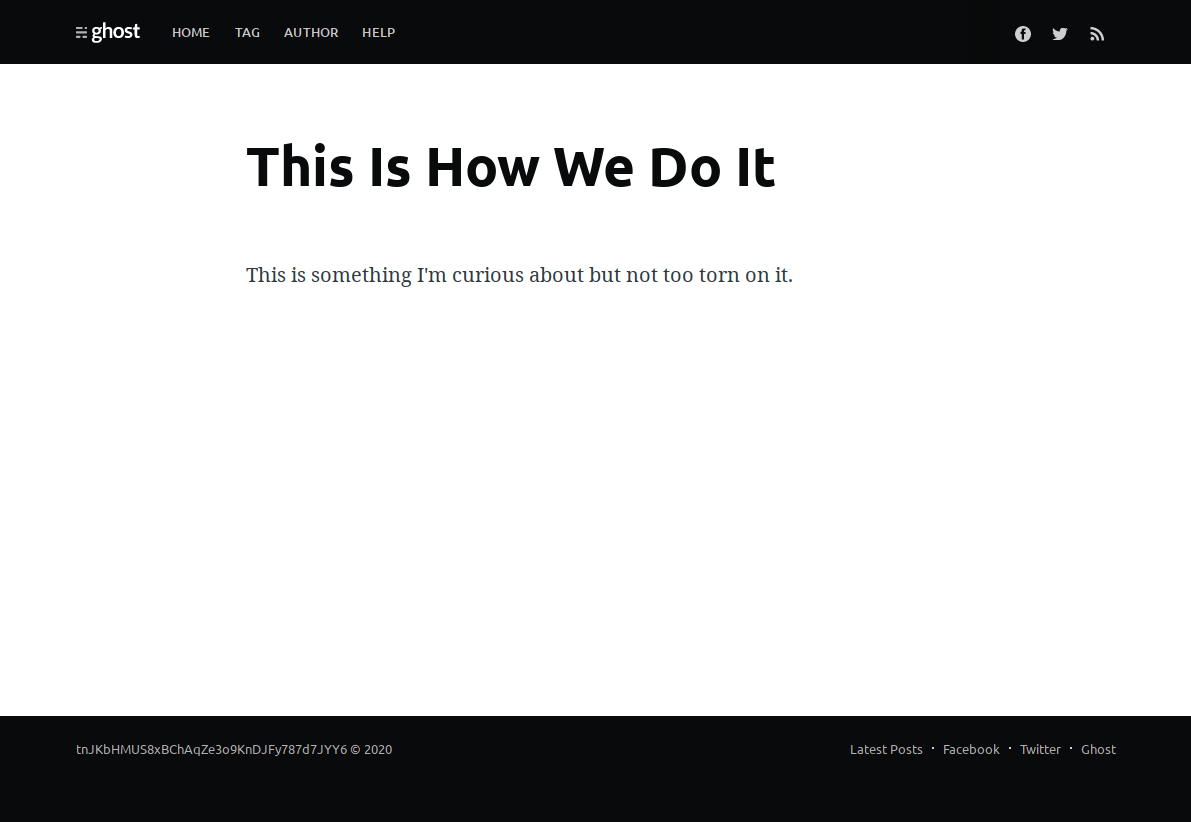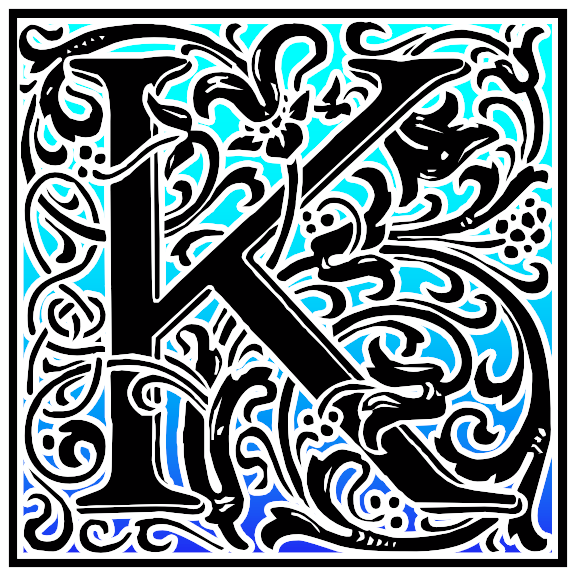page
This article is a stub. You can help the IndieWeb wiki by expanding it.
page is short for a web page on the IndieWeb, and is usually primarily known by its name (AKA named page), served at the top level of a site (AKA slash page), and kept updated in place in contrast to posts which are primarily datetime-based; a page that is browser-editable with viewable revisions is a wiki-page.
Why
It’s useful to have easy to remember page names on your personal site for communicating a URL verbally, e.g. in person, for various eponymous use-cases.
Examples
Named pages in use by multiple community members, alphabetically listed:
See those pages for specific IndieWeb Examples of each.
Differences from well-known
Note that these are all emergent from IndieWeb publishing behaviors, in contrast to prescriptive URLs like well-known paths.
In addition, such common root level pages as listed above would likely be translated for the author’s preferred / first language, e.g.
- if you have a German site, perhaps you'd have a /jetzt page instead of a /now page
Differences from Posts
Pages have some differences from other posts such as articles, notes, photos, etc. However these differences are not yet well described. Some candidates:
- Whether a published date is displayed on the page (whereas typically articles display the published date)
- The URL of the page (typically pages will have URLs without date components, whereas other posts usually contain some date components in the URL like year, month, day)
- Whether the entry is contained within feeds (pages typically are not added to the list of blog posts, and appear only in navigation or not at all, e.g. are unlisted)
How to
How to mark-up
Mark up pages with h-entry (like body class=h-entry) for link-preview purposes unless the page serves a more specific purpose like a homepage or an event.
Note: The definition of h-entry suggests that it is used for "episodic or datestamped content", so it may not be suitable for a "page" if that page is not episodic or datestamped.
IndieWeb Examples
Eddie Hinkle
 Eddie Hinkle creates pages on his site, the exact same way he creates other posts, except he adds a slug micropub property. Eddie's regular posts are based on date and post type (PTD) so a normal post does not need or use a slug. So if a slug exists, then the post is known to be a page rather than a post, the slug is set to the top level (ex: eddiehinkle.com/slug) and stored in a separate directory from regular date-based posts.
Eddie Hinkle creates pages on his site, the exact same way he creates other posts, except he adds a slug micropub property. Eddie's regular posts are based on date and post type (PTD) so a normal post does not need or use a slug. So if a slug exists, then the post is known to be a page rather than a post, the slug is set to the top level (ex: eddiehinkle.com/slug) and stored in a separate directory from regular date-based posts.
Chris Aldrich
 Chris Aldrich has a variety of relatively static (or relatively infrequently updated) pages on his WordPress-based website which are generally linked from one or more menus with a parent/child hierarchy. They ostensibly have the same data as other posts or articles, but they typically do not display a date or author. Example pages on his site include: now, following, followers, mentions, supporting, bucketlist, and colophon. Some pages are collections (eg: IndieWeb Collection) or portfolio-like (eg: presentations).
Chris Aldrich has a variety of relatively static (or relatively infrequently updated) pages on his WordPress-based website which are generally linked from one or more menus with a parent/child hierarchy. They ostensibly have the same data as other posts or articles, but they typically do not display a date or author. Example pages on his site include: now, following, followers, mentions, supporting, bucketlist, and colophon. Some pages are collections (eg: IndieWeb Collection) or portfolio-like (eg: presentations).
Aaron Parecki
 Aaron Parecki has several pages on his website which exist outside of the normal flow of articles and other posts. These pages do not display a published date, are not shown in any lists of posts, and do not include any tags. They do receive and display comments like other posts.
Aaron Parecki has several pages on his website which exist outside of the normal flow of articles and other posts. These pages do not display a published date, are not shown in any lists of posts, and do not include any tags. They do receive and display comments like other posts.
- https://aaronparecki.com/contact/
- https://aaronparecki.com/now/
- https://aaronparecki.com/gps/
- https://aaronparecki.com/life-stack/
- https://aaronparecki.com/home-automation/
- Some pages do not use the same styling as the rest of the website: https://aaronparecki.com/profile/
Ton Zijlstra
 Ton Zijlstra has several named pages (slashpages). They have a created and last tended to date, to show they are being actively maintained. Next to /now /about and /hello (on how to contact him), he also introduced /reverse-turing to attest in his other online material it was human created (as the default assumption must now be something is generated).
Ton Zijlstra has several named pages (slashpages). They have a created and last tended to date, to show they are being actively maintained. Next to /now /about and /hello (on how to contact him), he also introduced /reverse-turing to attest in his other online material it was human created (as the default assumption must now be something is generated).
Silo Examples
Ghost
 Ghost represents pages devoid of episodic markup (no time information is visible or used in presentation) and removes things specific to a post (comments, reaction, etc).
Ghost represents pages devoid of episodic markup (no time information is visible or used in presentation) and removes things specific to a post (comments, reaction, etc).
Services
There is also a search engine that is indexing a few of these pages:
- https://aboutideasnow.com/about — indexes /about /now /ideas
Brainstorming
If you have ideas for implementing pages on your personal site, add them here!
See also wiki-page#Brainstorming for existing brainstorming for pages that have wiki-like attributes.
nope
- a /nope page like https://baty.net/nope
- another /nope example: https://fyr.io/nope
yep
- also example of a /yep page: https://fyr.io/yep
hello
- /hello pages, 2022-06-25 : Introducing Hello pages (archived)
- Many examples on page, one from
 Ton Zijlstra: https://www.zylstra.org/blog/hello/
Ton Zijlstra: https://www.zylstra.org/blog/hello/
- Many examples on page, one from
A few suggestions from  Mike Kupietz
Mike Kupietz
- /Instruments - what musical instruments you play, https://michaelkupietz.com/instruments
- /Toys - as opposed to /Uses or /Carry, which you regularly use or carry, favorite toys and stuff, even if they don't see much use. The point is, you love them when you do use them. https://michaelkupietz.com/toys
- /Trivia - Trivia about you. https://michaelkupietz.com/trivia
- /Favorites - Favorites. Movies, Music, Books. https://michaelkupietz.com/favorites
See Also
- wiki-page
- h-entry
- link-preview
- homepage
- permalink
- navigation
- pagination
- Micro.blog page feature thoughts: #25 Standalone pages
- start a page
- https://slashpages.net/
- Idea for a "junk"/yardsale page
